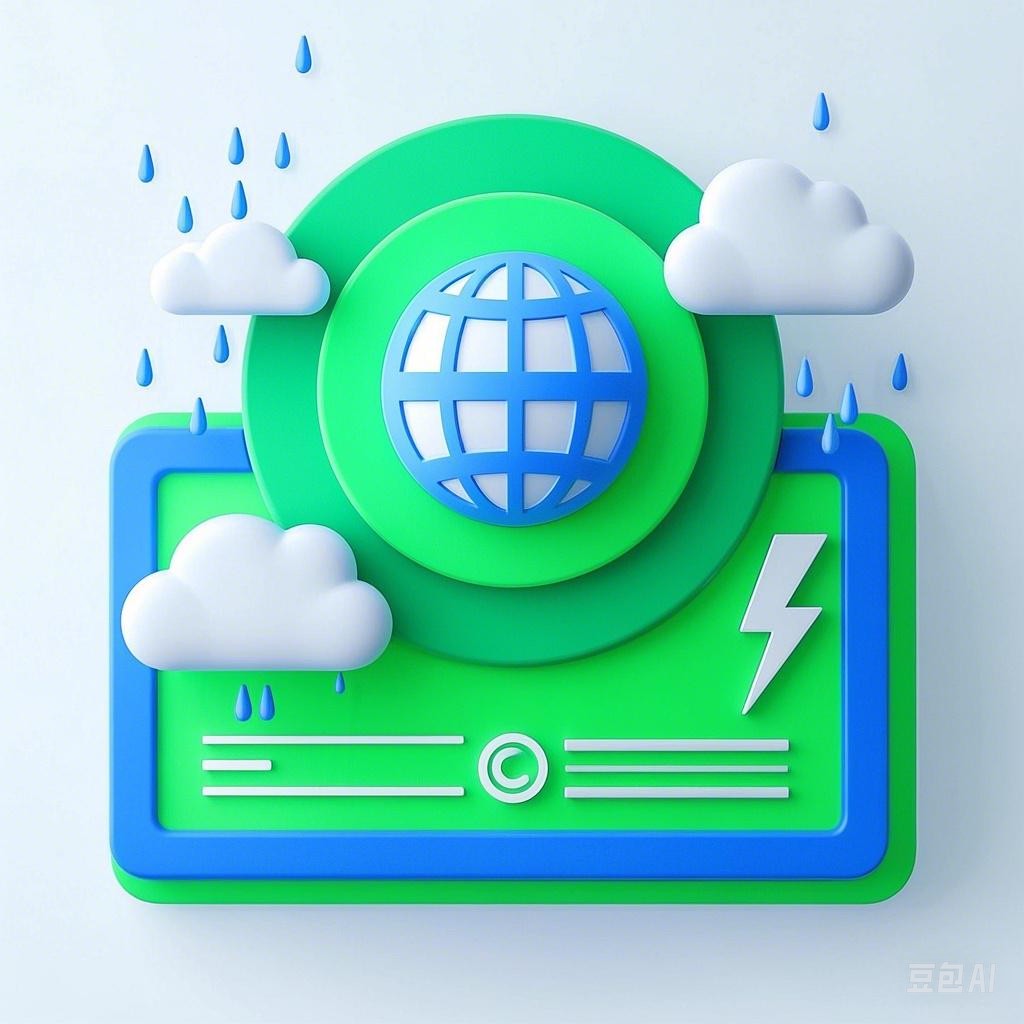Introduction
Weather-related disasters, such as hurricanes, floods, and wildfires, pose significant challenges to communities around the world. These events can lead to loss of life, property damage, and economic disruption. Understanding the nature of these disasters, their potential impacts, and effective strategies for mitigation and response is crucial for individuals, communities, and policymakers. This article aims to provide a comprehensive overview of weather-related disasters, their causes, impacts, and the measures that can be taken to navigate these challenges.
Understanding Weather-Related Disasters
Types of Weather-Related Disasters
- Hurricanes: Formed over warm ocean waters, hurricanes are powerful storms characterized by strong winds, heavy rainfall, and storm surges.
- Floods: Caused by excessive rainfall, melting snow, or dam failures, floods can occur in various forms, including flash floods and prolonged inundations.
- Wildfires: Sparked by lightning, human activity, or extreme drought conditions, wildfires can spread rapidly, destroying forests and habitats.
- Tsunamis: Generated by underwater earthquakes, tsunamis are massive ocean waves that can travel long distances and cause widespread destruction.
- Tornadoes: Rotating columns of air that extend from the base of thunderstorms, tornadoes can cause severe damage to structures and landscapes.
Causes of Weather-Related Disasters
- Climate Change: Rising global temperatures and changing weather patterns contribute to the frequency and intensity of weather-related disasters.
- Urbanization: Rapid urbanization increases the risk of flooding and reduces the capacity of natural landscapes to absorb rainwater.
- Deforestation: The removal of trees reduces the land’s ability to absorb water, leading to increased runoff and flooding.
- Lack of Preparedness: Inadequate planning and preparedness measures can exacerbate the impacts of weather-related disasters.
Impacts of Weather-Related Disasters
- Loss of Life: Weather-related disasters can lead to direct deaths due to drowning, injury, or other causes.
- Property Damage: Homes, businesses, and infrastructure can be severely damaged or destroyed, leading to economic losses.
- Economic Disruption: Disasters can disrupt supply chains, affect employment, and lead to long-term economic consequences.
- Environmental Damage: Disasters can cause widespread damage to ecosystems, leading to loss of biodiversity and habitat destruction.
Mitigation and Preparedness Measures
- Infrastructure Development: Constructing flood barriers, storm surge defenses, and fire-resistant buildings can reduce the impact of weather-related disasters.
- Land-Use Planning: Implementing sustainable land-use practices, such as reforestation and green infrastructure, can help mitigate the impacts of disasters.
- Early Warning Systems: Developing and maintaining effective early warning systems can provide communities with the time to prepare and evacuate.
- Community Preparedness: Educating residents on disaster preparedness and response can help reduce the risk of injury and loss of life.
- Insurance: Encouraging the use of insurance can provide financial protection for individuals and businesses affected by weather-related disasters.
Response and Recovery
- Emergency Response: Coordinating the efforts of various agencies, such as emergency services, the military, and non-governmental organizations, is crucial for effective disaster response.
- Recovery Efforts: Providing assistance to affected individuals and communities, rebuilding infrastructure, and restoring services are essential for recovery.
- Psychological Support: Addressing the mental health needs of disaster survivors is vital for long-term recovery.
Conclusion
Weather-related disasters pose significant challenges to communities around the world. By understanding the causes and impacts of these events, implementing effective mitigation and preparedness measures, and coordinating response and recovery efforts, we can navigate these challenges and reduce the risks associated with weather-related disasters.
